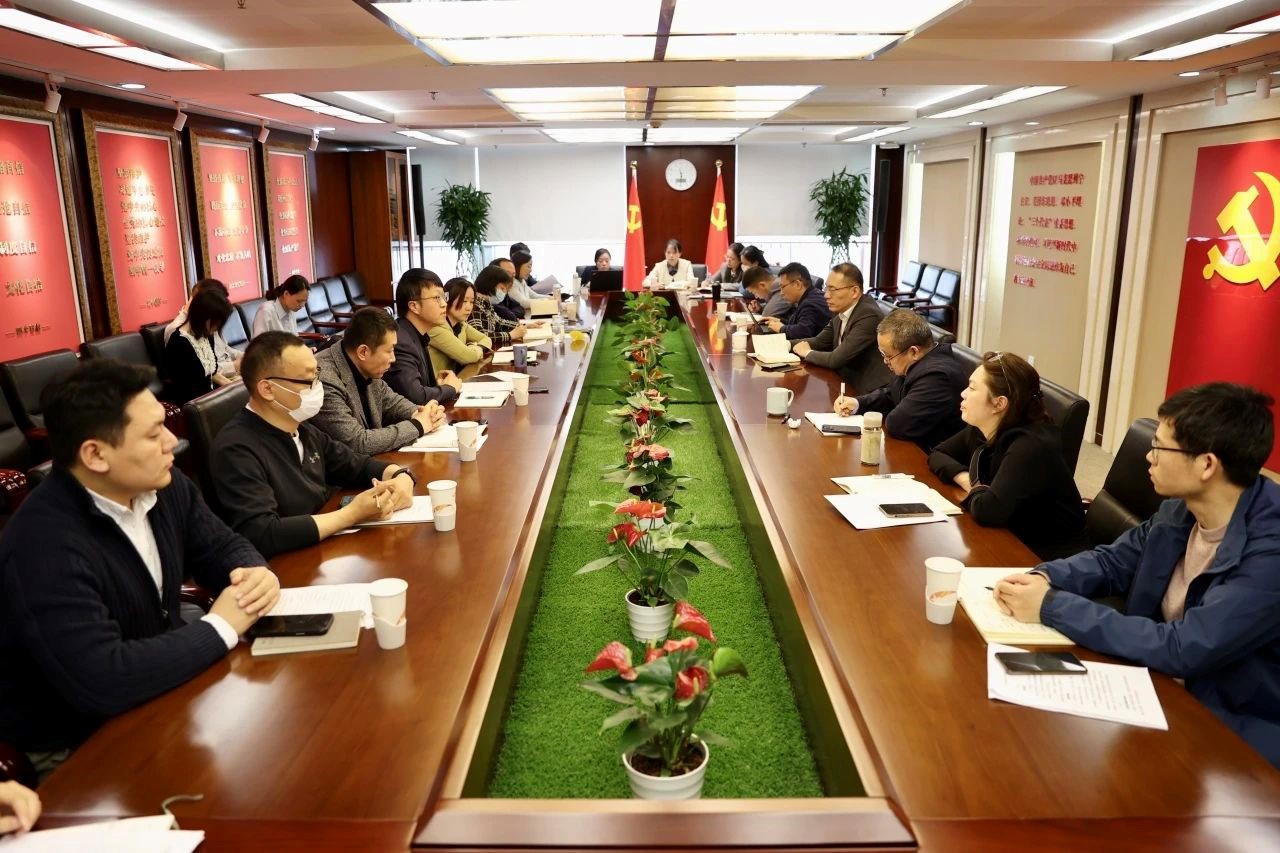 On 1 April 2024, the Open University of China (OUC) convened a specialized meeting on the reform of examination content.
On 1 April 2024, the Open University of China (OUC) convened a specialized meeting on the reform of examination content.
Department heads discussed the main principles guiding the OUC's examination reform deployment in 2023 and exchanged reports to accelerate the progress of the reform. Li Song, a member of the OUC Party Committee and vice president, was in attendance. The meeting was chaired by Gu Xiaohua, director of Academic Affairs Department.

Li Song stated that the reform of examination content at the OUC should embody the fundamental task of moral education, focusing on the essential questions of education - " what kind of talent we should cultivate, how and for whom." Emphasis should be placed on moral education and strengthening the educational orientation of examination content. Aligning with the new missions put forth by the 20th CPC National Congress for talent development, the reform should aim to enhance the quality of cultivating application-oriented talent, deepen the reform of examination content centered on student literacy and abilities, scientifically design test content, emphasise students' ability to think independently and apply their knowledge to analyse and solve problems, ultimately transitioning from a knowledge-based approach to a competency-based approach.
Li Song stressed that advancing the reform of examination content is crucial in implementing the concepts of examination and evaluation. The focus of this examination reform should be on designing end-of-term examination content, problem-solving oriented, exploring new ideas, methods, and approaches. It is essential to deeply study the learning characteristics, psychology, and cognitive patterns of adult students is essential. In designing tests, it is crucial to proactively establish points of integration and adaptability for students between their professional knowledge and the real-world application scenarios they may encounter. This approach must highlight the assessment of not only students' core competencies but also their overall qualities. Experts from various industries with practical experience may be invited to collaborate on examination question-setting alongside subject experts and lecturers. The university will conduct follow-up surveys, visit students, and establish effective feedback mechanisms to further enhance the relevance and effectiveness of the examination content reform.
Ten teaching departments, including the Faculty of Humanities, reported on the reform measures, progress, challenges, and future improvement directions following the examination reform deployment in 2023, providing relevant opinions and suggestions.
The specialized meeting further consolidated consensus among various teaching departments, outlining the direction for examination reform. It will accelerate the implementation of the reform and play a proactive role in promoting high-quality development in open education.
Written by Academic Affairs Department, photo by Zhuge Huanyu, OUC